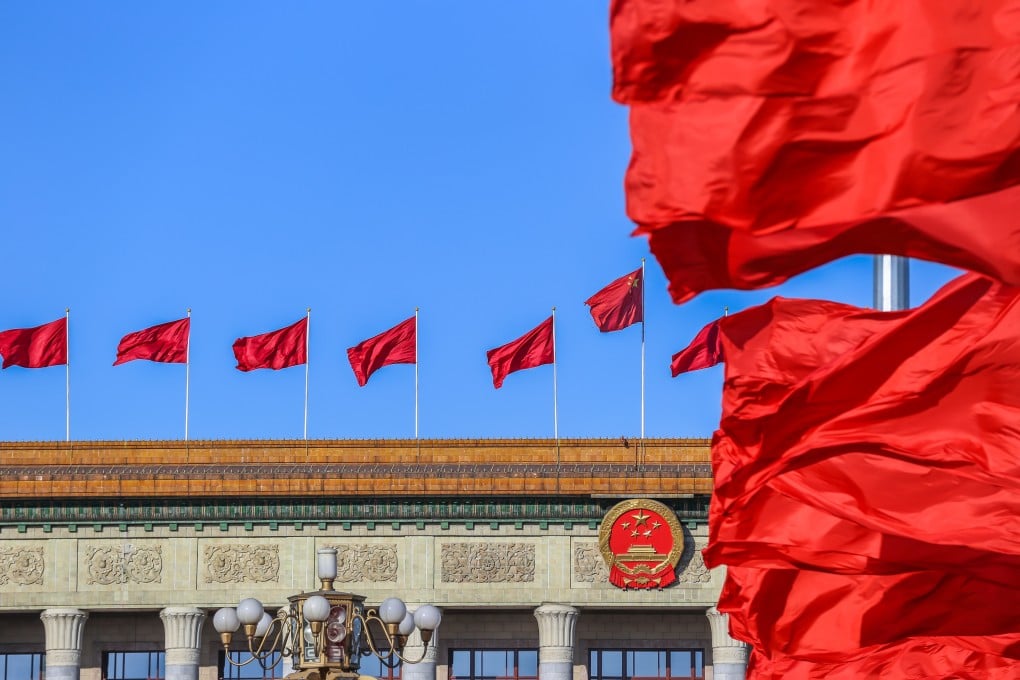National security law: questions raised over Beijing’s sweeping powers, as critics point to new agency, role of adviser in commission
- Lawyers argue new agency will have power over Hong Kong leader and cooperation mechanism with judiciary risks dealing a blow to rule of law
- But advocates say move is necessary as national security issues go beyond the scope of the Hong Kong authorities

They argued that the agency, to be called the “Office of the National Security Commissioner of the People’s Republic of China in the Hong Kong Special Administrative Region”, would have power over the chief executive, and a cooperation mechanism it must establish with the judiciary risked dealing a serious blow to the city’s autonomy and rule of law.
But pro-Beijing advisers said it was necessary for the central government to set up the dual safeguards – the mainland agency and local commission – as national security issues went beyond the scope of the Hong Kong authorities.

01:06
China says detained Canadians should be held responsible for ‘the crime of spying’
On Saturday, Xinhua said that the law would be overseen by a commission led by the city’s chief executive and supervised by Beijing.
Under Beijing’s plan, the agency would be formed to “monitor, supervise, coordinate and support” the local administration in defending national security, according to Xinhua. It should establish a mechanism with the local enforcement and judicial departments that were tasked with safeguarding national security, to strengthen the sharing of information and cooperation, a draft of the law said.